Урок на тему: "Music in my Life"
Music in my life
Цілі: вчити учнів проявляти активність на етапі закріплення слів з теми: “Musical instruments and genres of music”, продовжувати вчити правильно їх використовувати в знайомих лексико-граматичних структурах на рівні фрази, удосконалювати навички вживання Comparative and Superlative of adjectives в усному та писемному мовленні, навчити читати й розуміти текст, який містить окремі незнайомі елементи; розвивати вміння сприймання на слух текст, ігноруючи незнайомі слова; формувати навички монологічного мовлення за темоюMy favoutire musician/ genre of musicна рівні повідомлення; стимулювати співрозмовника на висловлювання, розширити знання учнів про стилі музики, історію їх виникнення; удосконалювати техніку читання, розвивати пам'ять, логічне мислення, виховувати культуру спілкування,
Очікувані результати:
На кінець уроку учні вмітимуть
вживати та використовувати лексичні одиниці з теми “ Musical instruments and genres of music” в усному та писемному мовленні ;
опрацьовувати текст з метою пошуку інформації;
висловлювати власну думку щодо власних музичних вподобань
вживати Comparative and Superlative of adjectivesна рівні речення
Обладнання: НМК Wider World, презентація PowerPoint, роздаткові матеріали.
Хід уроку
І. Підготовка до сприйняття іншомовного мовлення
1)Greeting.
T: Good morning, dear students! I hope, everything is okay and you are ready for the lesson.
2. Presenting topic of the lesson
T:I’m sure you’ll enjoy our today’s lesson.The topic of our lesson is “Music in my life”. To reach our aim we’ll learn the new words, practise our skills in listening, reading, speaking and writing as well. We’ll master grammar material on topic Comparative and Superlative of adjectives. You’ll get the additional information about history of music genres.
3) Warm-up
T: Let’s start our lesson from the task: Decode the word Music
M - music
U – unusual
S - song
I - image
C - cool
II) Основна частина уроку
- Checking home task
- Vocabulary revision: Musical instruments
T:Match the words with the item in the picture
Cello, clarinet, drums, flute, French horn, guitar, oboe, piano, saxophone, trombone, trumpet, violin.
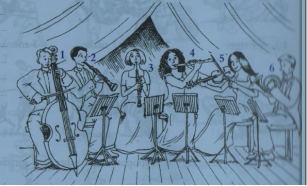
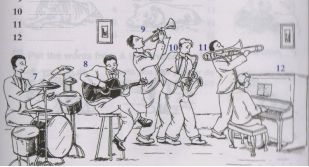
- The orchestra
- The band
T: Who can play any musical instrument?
What musical instrument would you like to play?
Would you like to play in the orchestra or in the band? Why?
T: Now fill in the gaps with words given below
|
audience live choir chorus conductor download lyrics lead singer music stand drums rock band orchestra recorder tune |
- The ______________of a song are the words not the music.
- I learned to play the ____________when I was at Primary school.
- Mick Jagger is the _______________of the __________ band Rolling Stones.
- Before the concert, musicians usually put he music on a _________and ________________their instruments.
- 6. The _______________went crazy during Lady Gaga’s last concert.
- I often ____________________a lot of music from the Internet
- My friends play the violin in a/an________________
- My mother sings in a ____________and sometimes she is also a soloist.
- I went to a ___________concert yesterday night. The band were really good
- Nowadays many people________ their music instead of buying it in the shops.
- I love the ____________________of this group. He is so handsome!
- Reading practise
Mozart

Wolfgang Amadeus Mozart is probablythe most famouscomposer in the world. He was born in Austria in 1756. He was very clever and he loved music from a very early age. His father, Leopold, was a musician. Leopold was Mozart’s music teacher. Mozart learned to play the piano when he was only four years old. He wrote his first music when he was five. He played the violin, too. As a young boy, Mozart travelled around Europe with his father and his sisters. He played music for some very important people. He played in front of royal families in different European countries.
When Mozart was eight, he started to write music for the flute and the piano. After that he wrote music for a whole orchestra. He was a great composer, musician and conductor. He wrote lots of music and operas and he became very famous. One of his most famous operas is The Magic Flute.
When Mozart grew up, a lot of people loved his music, but he didn’t make a lot of money. He was often ill and it was difficult for him to work. He was married and he had two sons. The youngest son, Franz Xavier Wolfgang, was a musician like his father. Mozart died in Vienna when he was only thirty-five, but people all over the world still love his wonderful music.
Task1. Complete the fact file.
- Name
- Country
- Father’s name
- Played
- Famous opera
- Travelled
- Family married with…..
- Wrote
- Died
Task 2Correct the words in bold.
- Mozart learned to play the flute when he was four.
- He wrote his first operawhen he was five.
- Mozart travelled around Europe and wrotemusic.
- Mozart wrote music for a whole conductor.
- He wrote lots of booksand he became famous
- Mozart was often ill, so it was easyto work.
- Listening practise
T: Listen to the radio programme about a music festival called Glastonbury and choose the correct options in the sentences.
Presenter: The beginning of summer means only one thing for UK music lovers – the Glastonbury festival! Here’s Adam Helliwell, one of the festival organisers, to tell us more.
Adam: Yes, well Glastonbury’s now the largest outdoor music festival in the world and that’s a huge change from the first small event here in the autumn of 1970, September actually. Every June, one hundred and seventy five thousand people arrive here compared to only one thousand five hundred back then.
Presenter:And where exactly does the festival happen?
Adam: Well many concerts are in specially built places like a stadium, with good transport and parking and so on, but Glastonbury happens on a working farm. The music, parking, camping, everything is in fields which are usually home to cows.
Presenter: That’s amazing! And is it free?
Adam: Well no, because, these days, festivalgoers pay about two hundred and forty pounds for the five days compared to one pound in 1970!
Presenter: And is the accommodation expensive?
Adam: Well, no. It’s free as it’s included in the price of the ticket if you bring your own tent. There are no expensive hotels or holiday cottages here, I’m afraid.
Presenter: Thanks so much, Adam, and now travel news …
- Glastonbury is now the most expensive / biggest festival in the world.
2 It happens each year in June / September.
3 Nearly 20,000 / 200,000 people go to the festival.
4 The festival site is a camp site / farm for most of the year.
5 It costs £1 / £5 / £240 to go to the festival.
6 People usually stay in a tent / hotel / holiday cottage at the festival.
- Speaking practise.
T: Answer the following questions
- Who’s your favourite singer?
- What’s your favourite band?
- Have you ever been to a pop concert? Talk about it.
- Do you usually like a song because of the music or the lyrics?
- Has your taste in music changed over the years?
- Where do you get your music? How often do you buy songs or CDs?
- How important is music to you? Could you live without it?
- Do you play in a band? If not, would you like to?
- From the History of music
T: Let’s talk about music genres. Listen to the song and try to identify music genres
LATIN, CLASSICAL, HIP HOP, TANGO, REGGAE, JAZZ
POP, FOLK, ROCK, BLUES
https://www.liveworksheets.com/worksheets/en/English_as_a_Second_Language_%28ESL%29/Music/Music_genres_ca659384cv(Дану вправу можна виконувати наживо на інтерактивній навчальній платформі: https://www.liveworksheets.com)
1. 2.3.4. 5.6.
T: Let’s listen to the information you prepared about history of some genres of music. (Див. додаток 1)
Music Styles, Bands And Artists over 90 years
- Grammar practise
T: Let’s revise grammar material on Comparative and Superlative forms of adjectives
Task 1. Check your grammar: true or false – comparatives and superlatives Are these sentences True or False?
1. To compare two things, we add -er to many adjectives. True False
2. We add -est to make the superlative form of many adjectives. True False
3. We never change the spelling of the adjective before adding -er / -est.
True False
4. We often use "than" after a comparative. True False
5. We often use "the" before a superlative. True False
6. With longer adjectives, we use "more" + adjective or "most" + adjective. True False
7. There are a lot of irregular comparatives and superlatives. True False
Task 2. Check your grammar: gap fill writing – comparatives and superlatives Write the words to fill the gaps. Use comparatives and superlatives.
1. The clothes here are _______________________ (good) than in my town. 2. That’s my _______________________ (bad) mark ever!
3. It’s _______________________ (far) than I thought – I think we’re lost.
4. That’s the _______________________ (disgusting) meal I’ve ever had!
5. I hope your team’s ___________ (lucky) today than last week.
6. They’re ______________ (happy) in their new school than in their old one.
7. It’s the _______________________ (good) song on the album.
8. Your spaghetti sauce is __________________(tasty) than my mum’s.
III) Заключна частина уроку.
- Summary.
So,what have we done at the lesson? What new things have we learnt? What was interesting/boring/unusual? Why? I enjoyed the way you’ve worked today! I want to say that all of you were active and smart, your marks are...
Thank you!The lesson is over.
- Homework
At home you’re to prepare presentation “My favouriteband/singer/composer”.
Додаток 1


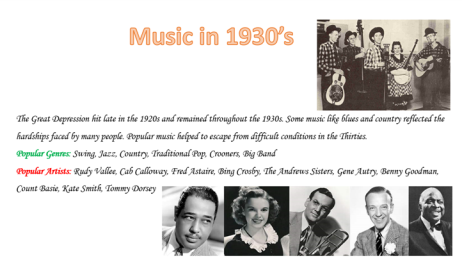
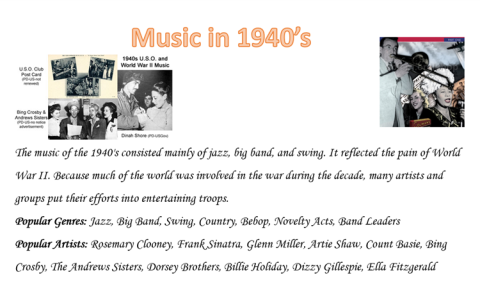
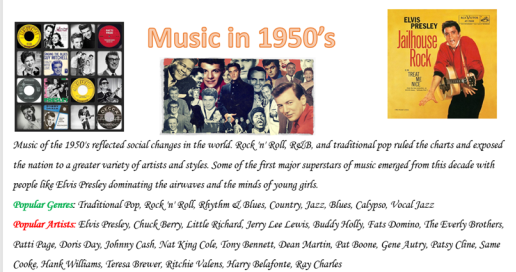
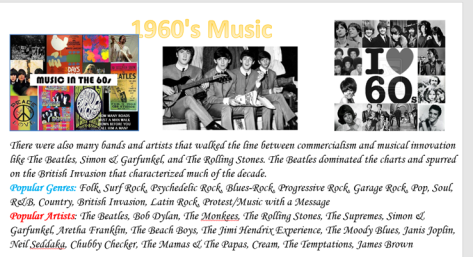
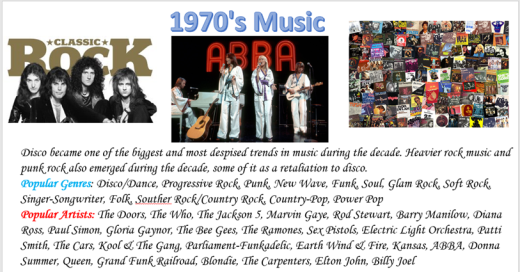


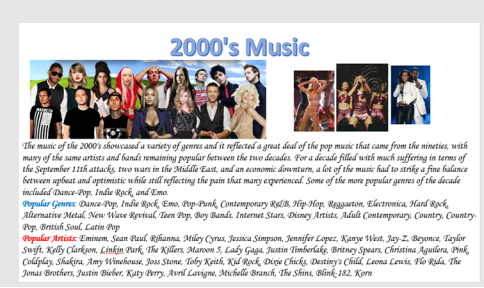


про публікацію авторської розробки
Додати розробку
